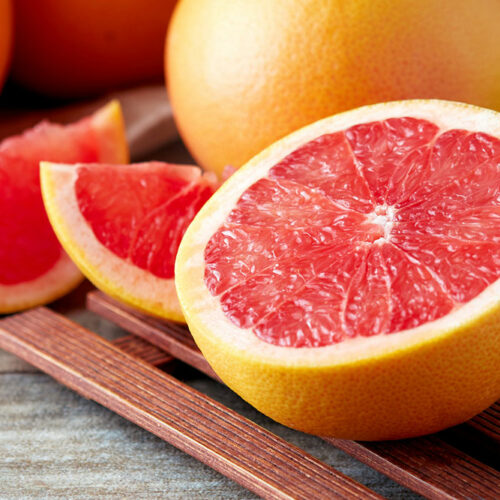7 foods one should avoid before bedtime

Finding it hard to sleep at night? Staying away from your phone and reducing psychological stress can help, but these are not enough. You also need to be wise when choosing foods late in the evening and before bedtime. Some foods have ingredients that can induce insomnia and cause tummy troubles, making it hard to sleep well at night. Below, we’ve listed seven such foods you should avoid eating before hitting the sack. Chocolate Post-dinner chocolate cravings are pretty common, but it’s not good when struggling to get proper sleep. Chocolates, especially dark chocolate, contain lots of caffeine, which can prevent you from getting deep, restful sleep. Coffee Talking about caffeine, it’s hard not to mention coffee. A shot of espresso is a go-to late-night drink for many, but it can hurt your objective of sound sleep. Coffee contains very high levels of caffeine, more than dark chocolate. So, it’s best to avoid any type of coffee at least six hours before bedtime. Potato chips Potato chips are fried foods loaded with unhealthy fats. Such foods take long to digest, cause indigestion, and can keep you up at night. Some studies even show that eating lots of fried, greasy foods can cause disturbing dreams.






